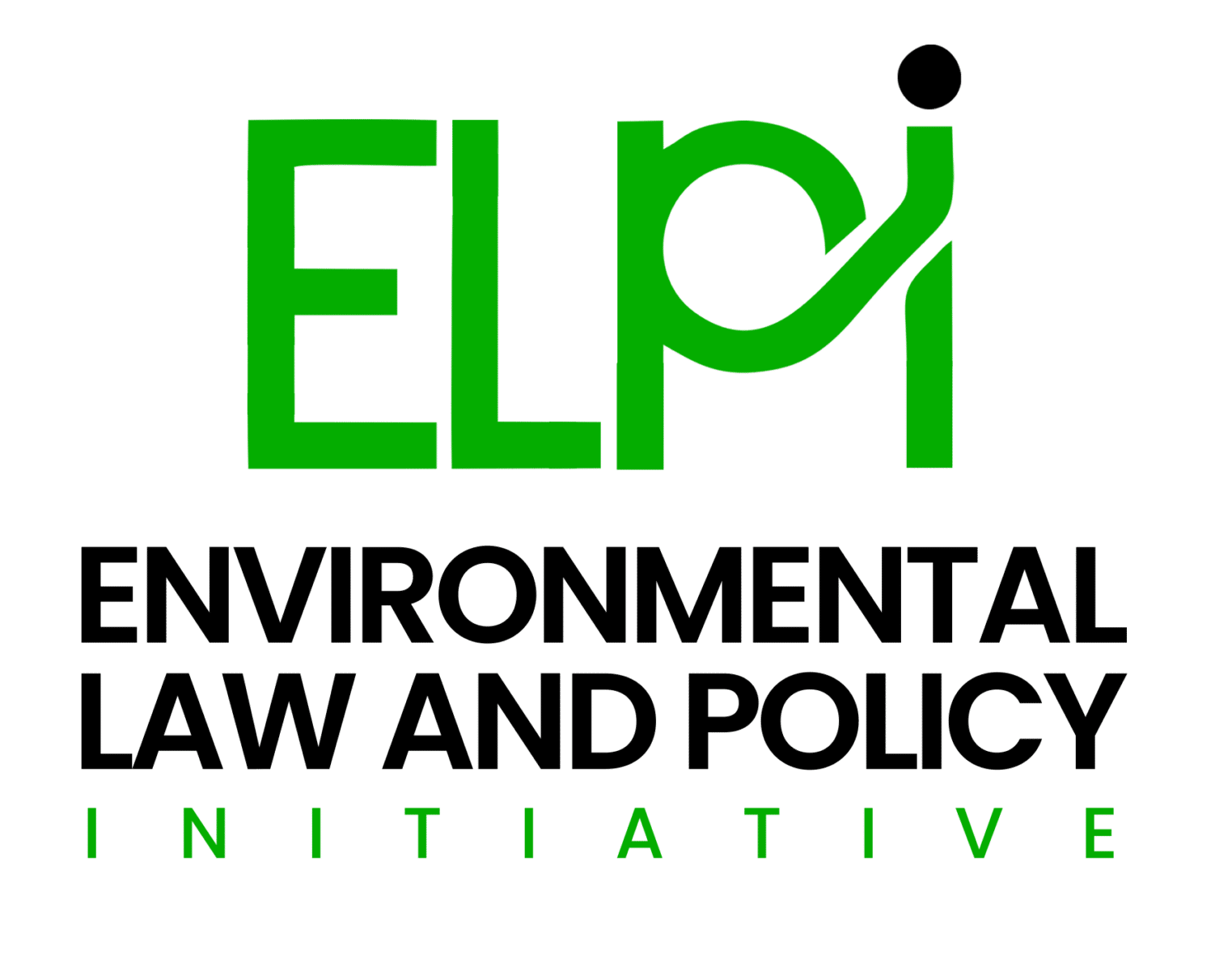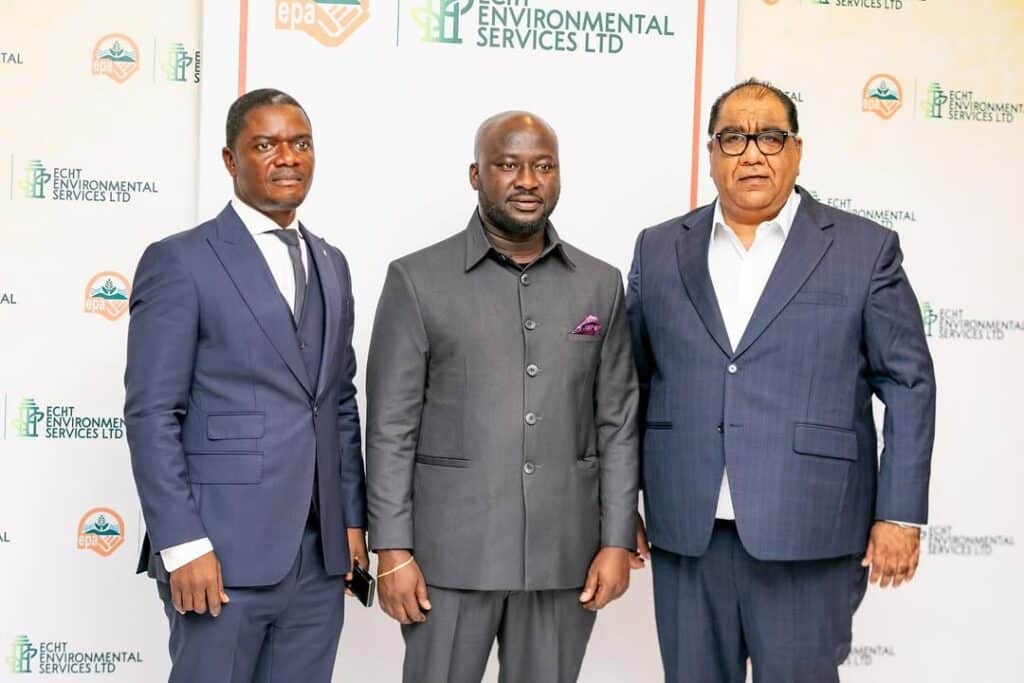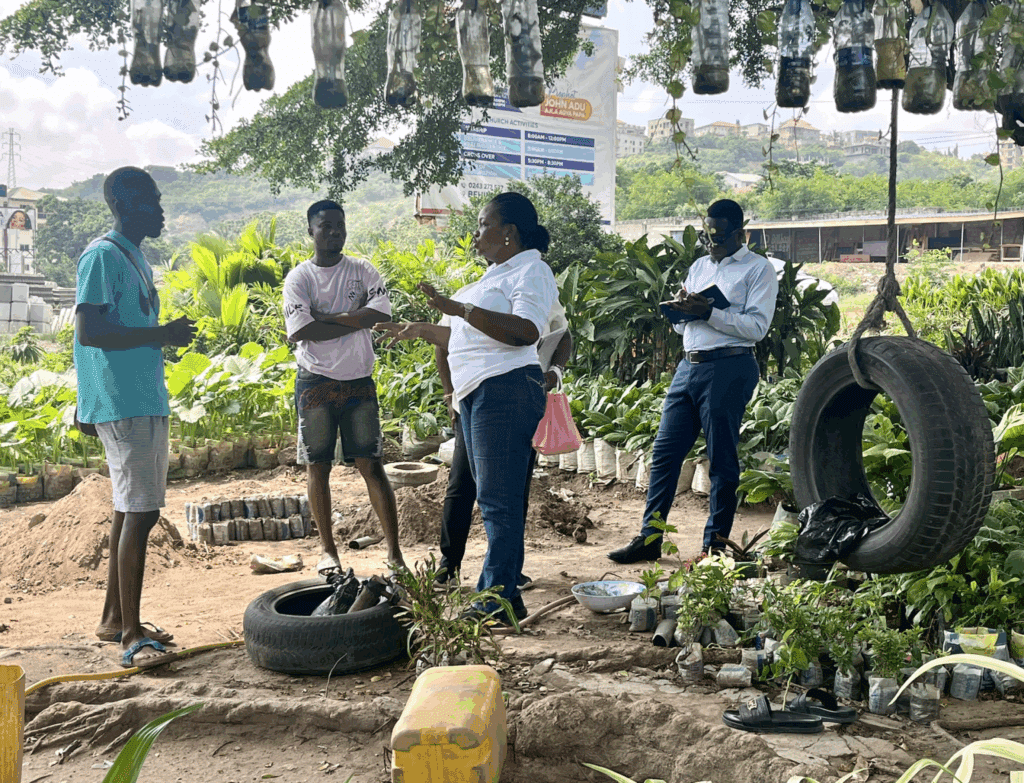EPA Urges Collective Action to Protect Ghana’s Oceans
The Environmental Protection Agency (EPA) has called on all Ghanaians to take bold, united steps to safeguard the country’s marine environment, describing the ocean as “a lifeline under threat.”

Speaking at an event in Accra to mark World Oceans Day 2025, Acting Chief Executive Officer Professor Nana Ama Browne Klutse emphasized that the health of Ghana’s oceans is critical to the nation’s survival.
“Let us be clear: the degradation of our oceans is not just an environmental issue. It is a development challenge, a public health issue, and a threat to food security and human rights,” she said.
Stopping Harmful Practices
The EPA urged citizens to put an end to activities that damage marine ecosystems, including:
- Open defecation along beaches
- Illegal sand weaning
- Dumping refuse on shorelines
- Using unapproved fishing methods
These practices, the agency stressed, accelerate the destruction of habitats, harm biodiversity, and threaten livelihoods that depend on healthy oceans.
Celebrating Ocean Awareness Through Art
As part of the celebration, an art competition was held for selected Senior High Schools in the Greater Accra Region.
- 1st Place: La Presec SHS
- 2nd Place: Nungua SHS
- 3rd Place: Holy Trinity SHS
- 4th Place: Saint Mary’s SHS
The competition aimed to inspire young people to become champions of ocean conservation through creativity and innovation.
Policy and Restoration Initiatives
Prof. Klutse highlighted several major interventions:
- National Plastics Management Policy – Promotes a circular economy, improves plastic waste management, and reduces pollution through partnerships with local governments and the private sector.
- West Africa Coastal Areas Resilience Investment Project – Phase Two – Focuses on restoring degraded coastal ecosystems such as the Korle Lagoon, Densu Delta, and Keta Lagoon Ramsar Site. Efforts include:
- Mangrove restoration
- Rehabilitation of abandoned rice paddies
- Flood and erosion control measures in vulnerable communities
“These ecosystems are not only rich in biodiversity but also serve as natural buffers against coastal hazards,” Prof. Klutse said. “Their protection is essential to the survival of coastal communities.”
The Role of Public Education
Deputy Executive Director for Technical Services, Madam Esi Nerquaye-Tetteh, stressed that lasting ocean protection hinges on public awareness and community involvement.
She outlined the EPA’s ongoing efforts, which include:
- Ocean literacy campaigns
- Coastal school outreach programmes
- Youth-led clean-up drives
These initiatives are run in partnership with NGOs, traditional authorities, and local assemblies, ensuring that ocean conservation becomes a shared national responsibility.





